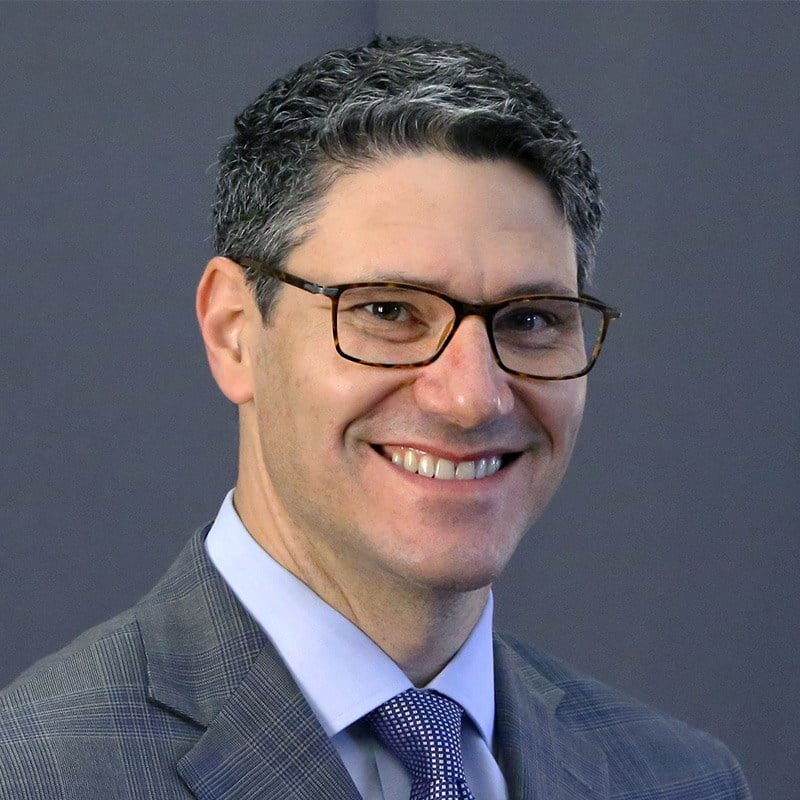Clinical research has long served as the bridge between scientific discovery and patient care. Today, its role in gastroenterology is expanding, shaping not only treatment options but also the patient–physician relationship. When grounded in trust, teamwork, and integration, research transforms from a protocol into a vital part of comprehensive care.
Trust as the Foundation
Every research encounter begins with the trust established between patient and physician. This bond, built on honesty and empathy, turns research into more than treatment, it becomes an avenue for education, innovation, and hope. Patients gain agency in their care when research is presented as a genuine option, reinforcing the physician’s role as guide and partner in their journey.
Teamwork Extending Care
Modern GI practices face shrinking time for meaningful patient interaction, yet research offers a way to “extend the appointment.” Coordinators, sub-investigators, and research staff support patients through structured visits, education, and symptom tracking that often exceed standard care. Many participants describe feeling “seen” for the first time, regaining both control over their disease and a renewed sense of purpose. For example, a patient with severe ulcerative colitis shared that even after leaving a trial, the support she received left her feeling more in control than ever before.
These experiences highlight how research is not just about early access to treatments, it provides patients with stability, accountability, and empowerment.
Integration into Everyday Practice
The therapeutic pipeline in gastroenterology is rich, with molecules like TL1A, RIPK2, and TPL2 showing promise equal to or beyond existing options. Integrating research into patient conversations is no longer optional, it is central to modern, comprehensive care. Importantly, these conversations should remain within the trusted patient–physician relationship; referring patients elsewhere can weaken engagement.
From Fragmentation to Integration
Traditional research models, driven by vendors and isolated sites, often created fragmentation. New integrated networks, such as those at GI Alliance and Iterative Health, unify patients, physicians, and sponsors under one mission: coordinated, patient-centered research.
This shift empowers independent community gastroenterologists to lead innovation. With close ties to real-world patients, these physicians can accelerate access to new treatments while maintaining strong enrollment and retention in trials. They are not just consumers of scientific data but active contributors to discovery.
A Shared Mission of Accountability
Success in clinical research is not measured only in endpoints, but in lives touched and care standards raised. Sponsors bring innovation, physicians safeguard trust, patients embody purpose, and research teams drive progress forward.
At this pivotal moment, gastroenterology stands at the intersection of science, ethics, and compassion. The call is clear: physicians must not only interpret data but also lead as pioneers in the ongoing evolution of medicine.
Author

Casey Chapman, MD
Chief Medical Officer
GI Alliance